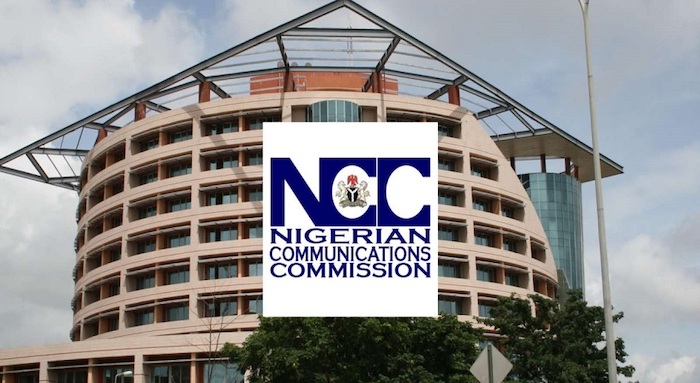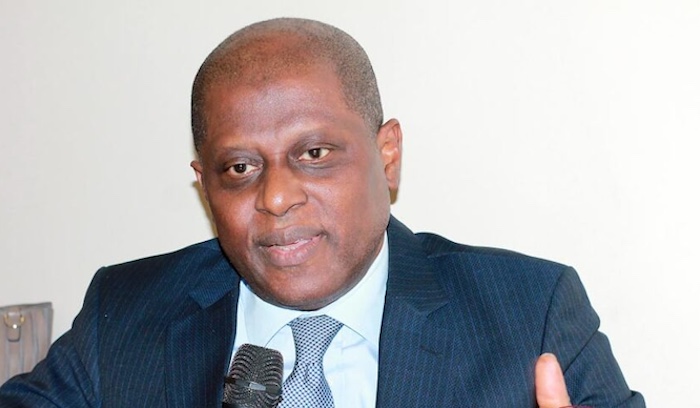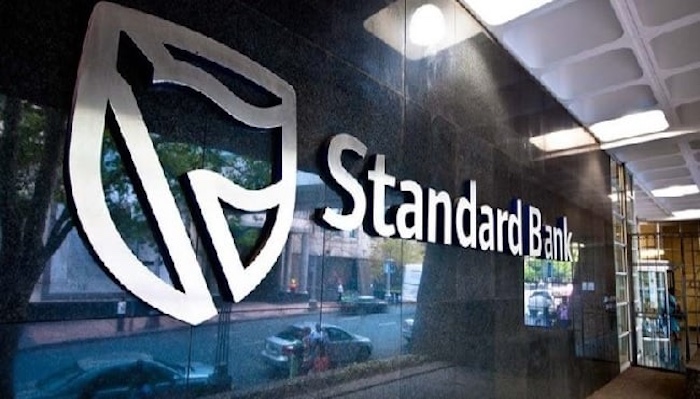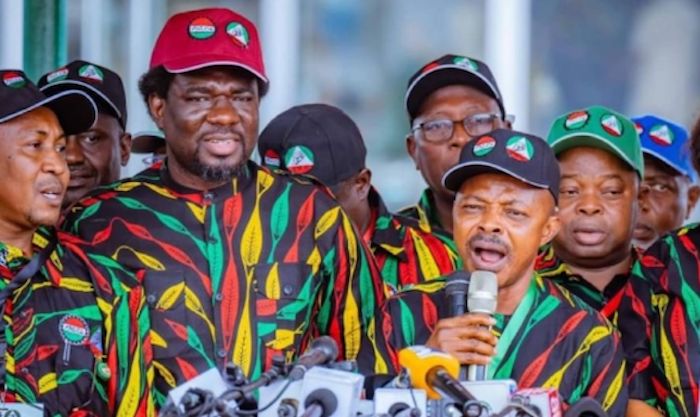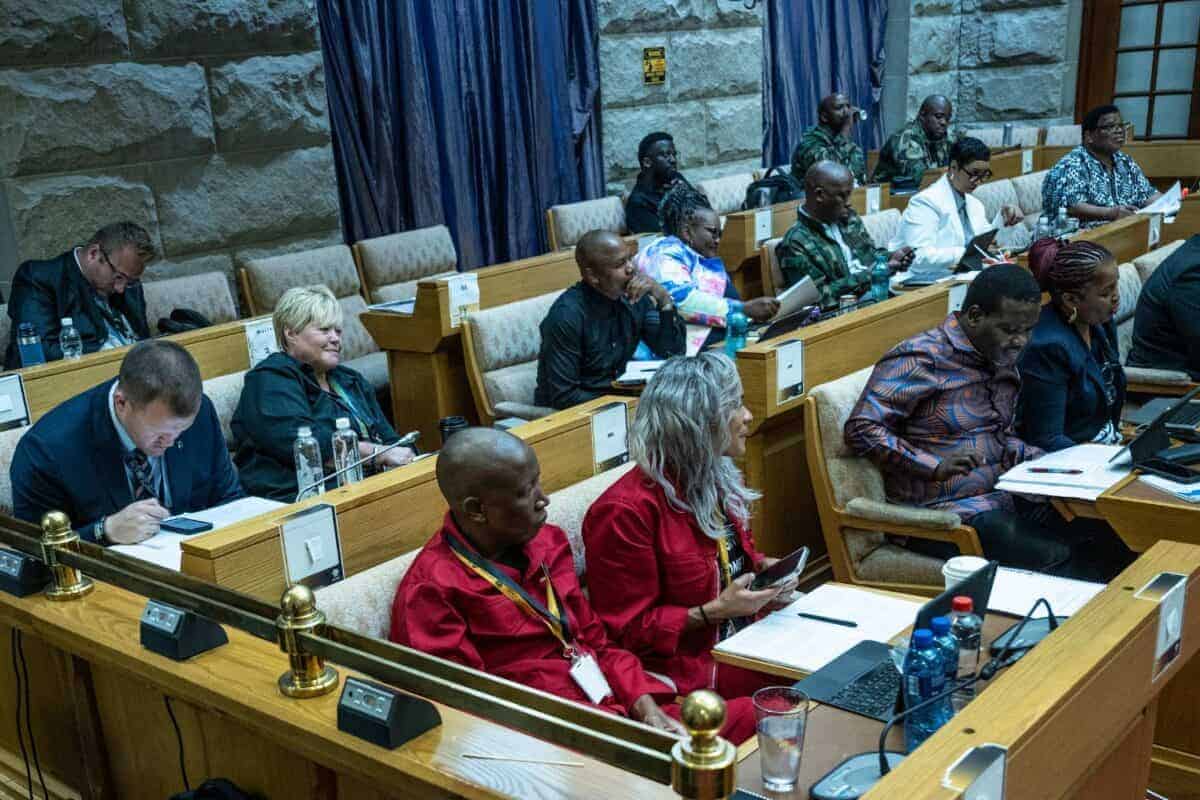
The chorus of naysayers that was galvanised into action by KwaZulu-Natal police commissioner Lieutenant-General Nhlanhla Mkhwanazi’s 6 July press conference has been silenced.
The Madlanga Commission of Inquiry has been seeing witnesses put meat on the bones that Mkhwanazi laid down on that day.
Genuine scepticism could be excused at the time because the accusations he made would need a mountain of evidence to convince the nation that a criminal network had been wielding influence on the police, the prosecuting authority and judiciary with the help of politicians and highly placed civil servants.
The only people now seeking to deny these accusations are those who are either directly implicated or those who through incompetence have unwittingly allowed this putrid criminal ecosystem to survive in broad daylight.
While the Madlanga commission has provided a platform for affected and victimised members of law enforcement to vent their frustrations and state publicly their nightmarish persecution at the hands of fellow civil servants who carried out the mandate of the criminal network, the parliamentary ad hoc committee seems to have allowed itself to become a vessel through which politicians and the civil servants can come for sympathy and a willing ear.
The danger is that the ad hoc committee will be used to create doubt on the excellent work being done by the Madlanga commission.
The past two weeks have seen the suspended Ekurhuleni Metro Police Department (EMPD) chief Isaac Mapiyeye tell the commission that while he did all he could to initiate disciplinary proceedings against his deputy Brigadier Julius Mkhwanazi, the then city manager Imogen Mashazi allegedly did everything to shield Mkhwanazi to the benefit of the criminal network that had taken over law enforcement in the city.
Mapiyeye was backed by former head of employee relations Xolani Nciza and former spokesperson for the city Lebohang Thepa.
ALSO READ: Protect those who dare blow whistle
The picture painted by the three EMPD members not only demonstrated the carte blanche that other civil servants had given to the criminal network to operate in the city with the protection of blue lights issued to their private vehicles, but they also showed the callousness with which the criminal networks were willing to get rid of opponents within the city.
The chilling hijackings and harassment suffered by Thepa while those in charge frustrated her at work is stuff that previously only belonged in the realm of mafia movies.
So when the ad hoc committee in parliament hosted National Prosecuting Authority (NPA) head Shamila Batohi and Independent Directorate Against Corruption head Andrea Johnson who tried to cast doubts over Mkhwanazi’s allegations – currently being backed by evidence at the Madlanga commission – questions must be asked about which side the NPA is taking in the good versus bad war going on in law enforcement.
Johnson was at pains to stress that Mkhwanazi should have just picked up the phone and called her – and Batohi admitted in parliament that with just 50% of the positions at the Hawks filled, the war against corruption is not one that can be won.
Question is: who is allowing that 50% vacancy state to persist and who benefits from it?
If they know criminals benefit from it, why do they allow it?
Parliament has shielded politicians who allowed state capture to fester, so that ad hoc committee must be careful not to continue that shameful tradition.
NOW READ: Mchunu takes another hit following Madlanga commission and parliament revelations
